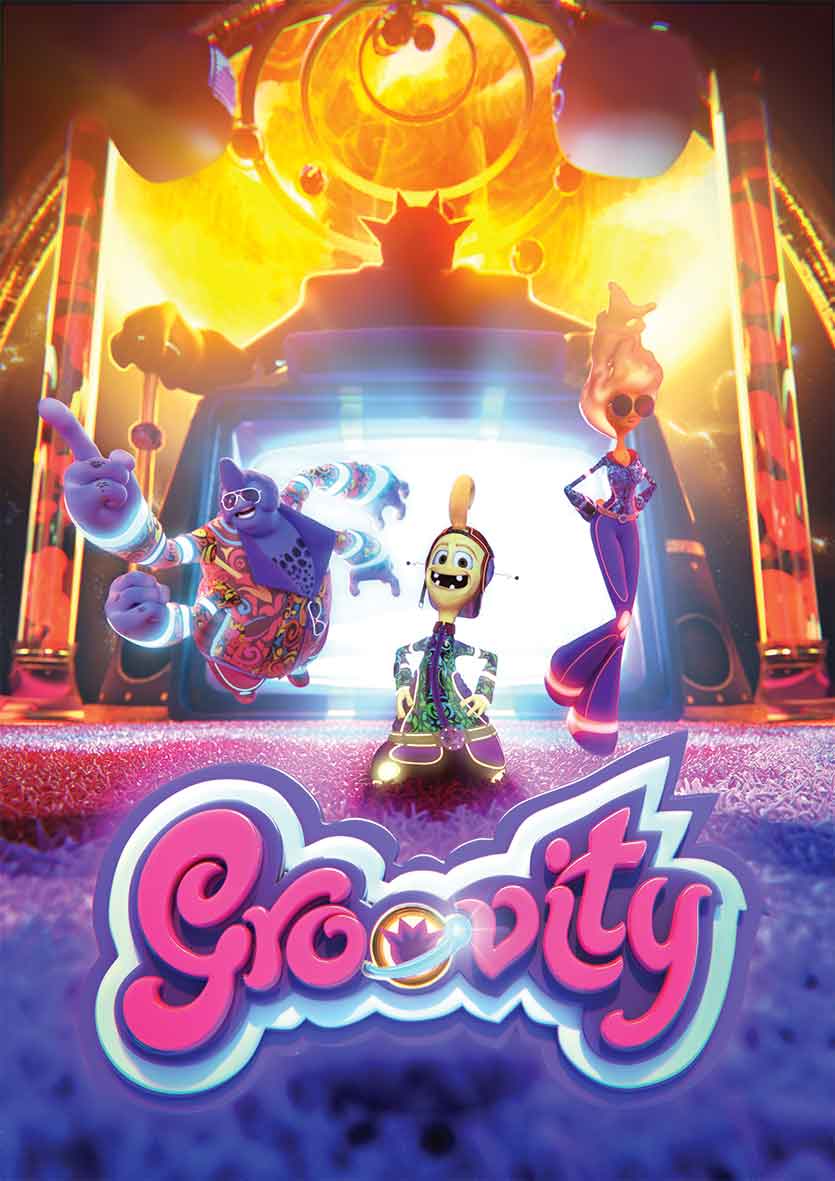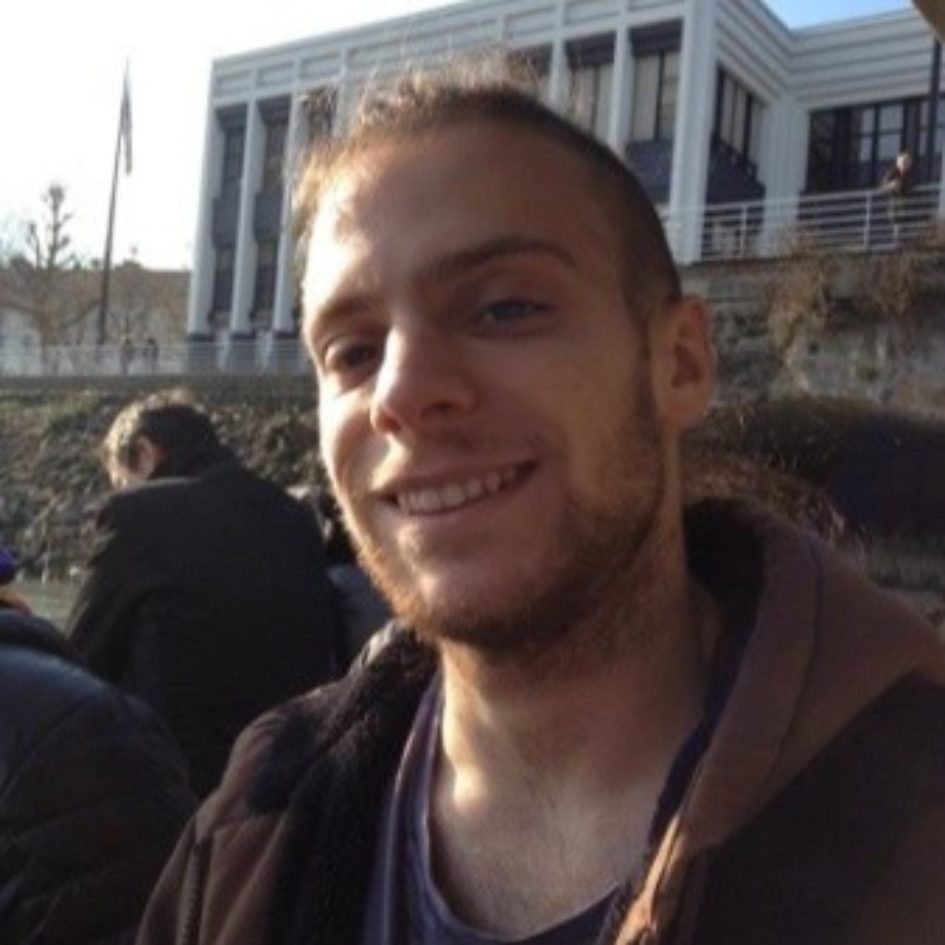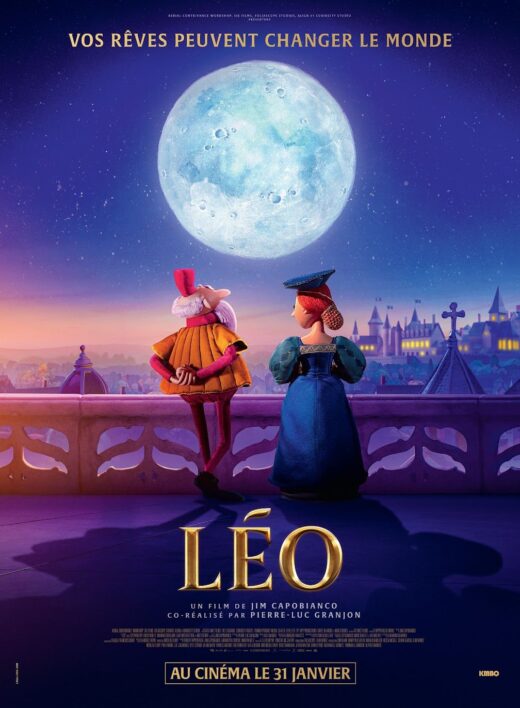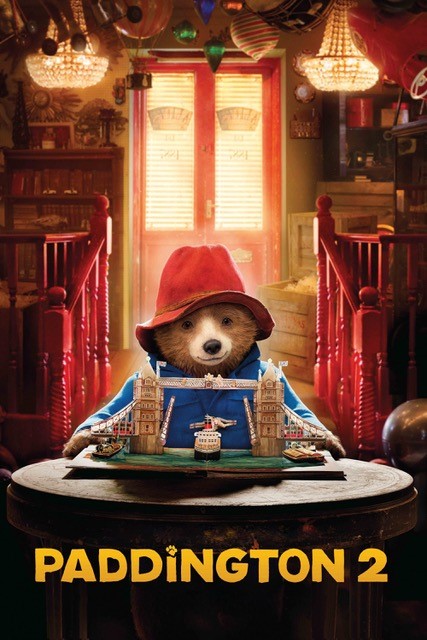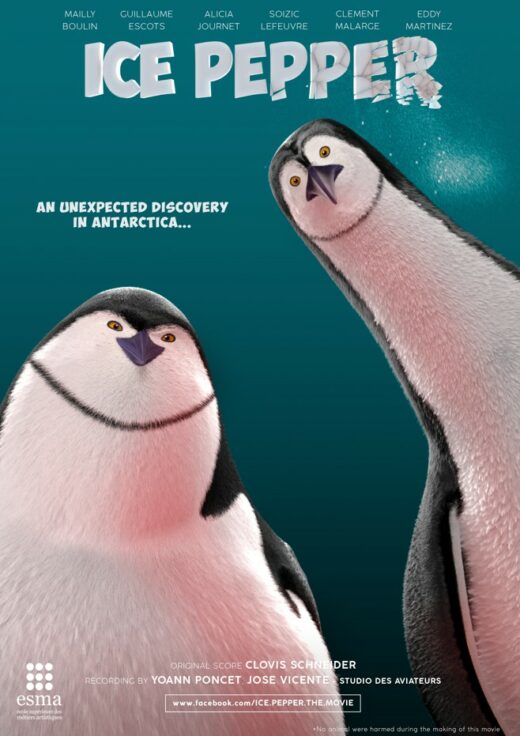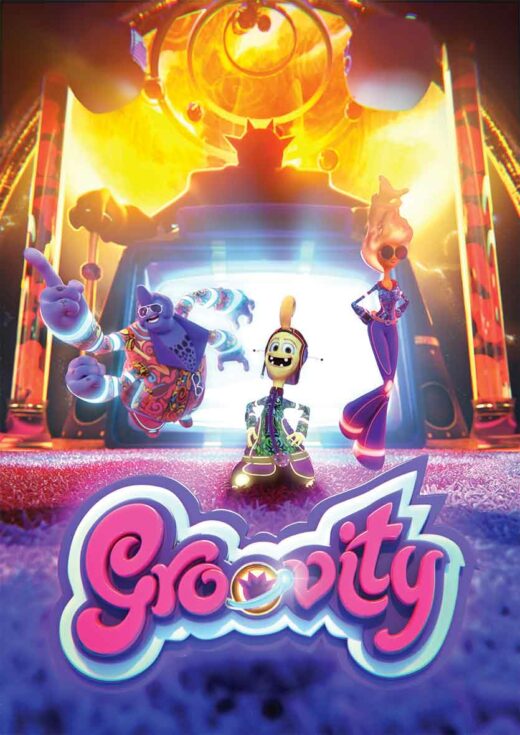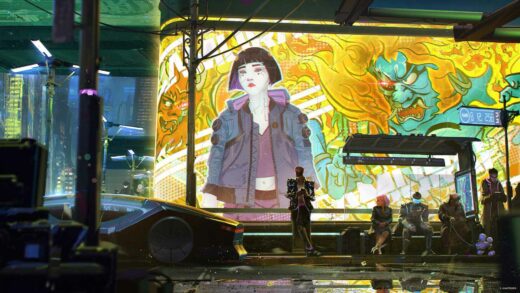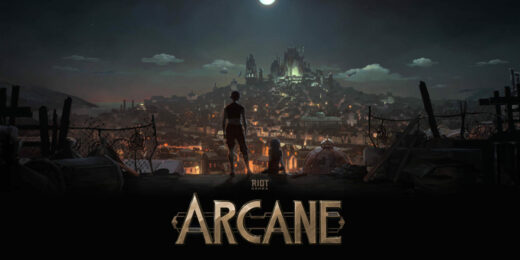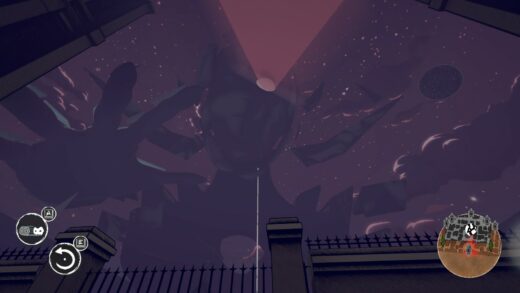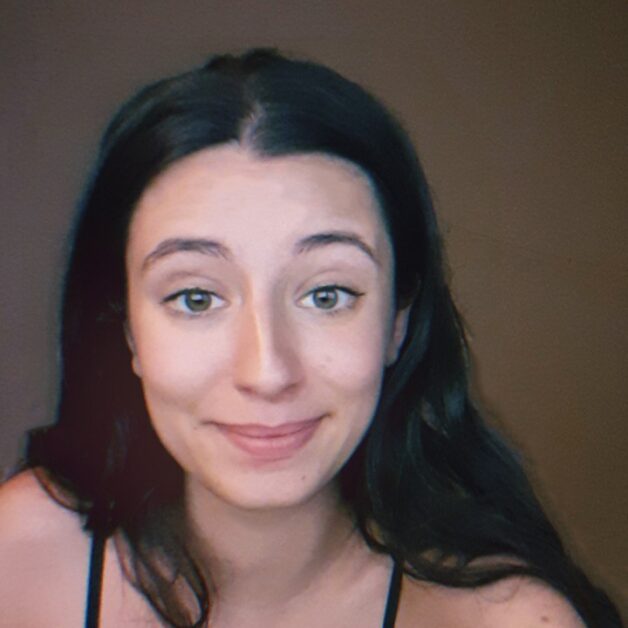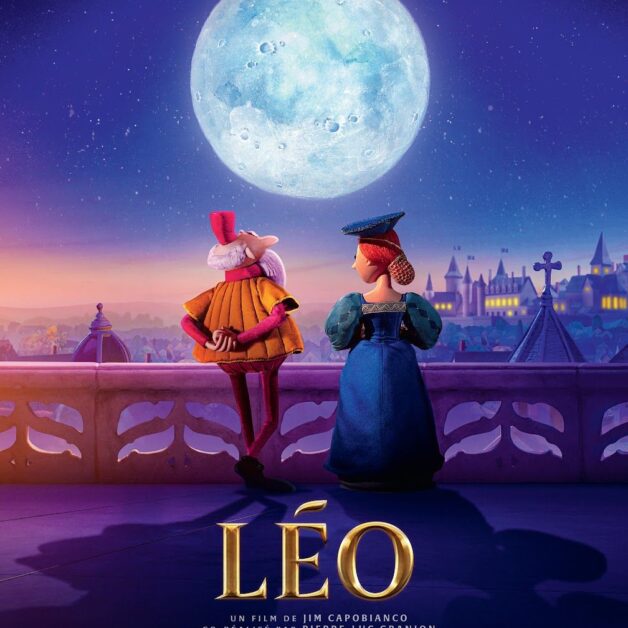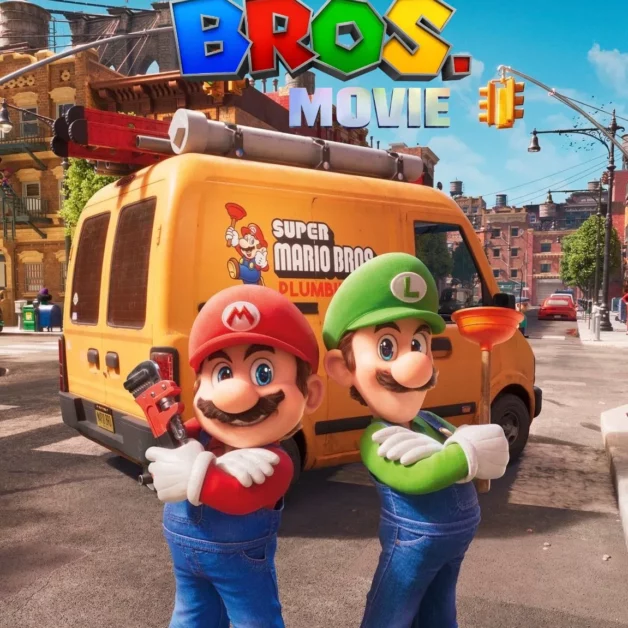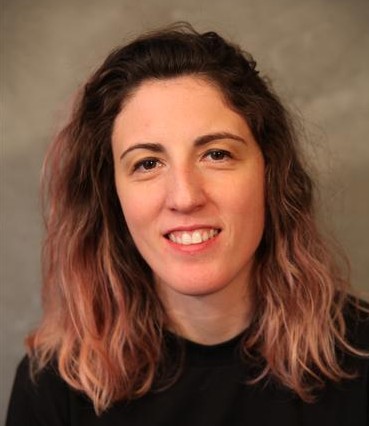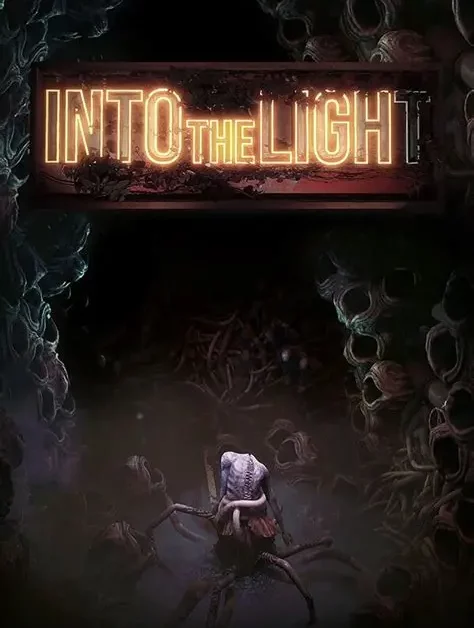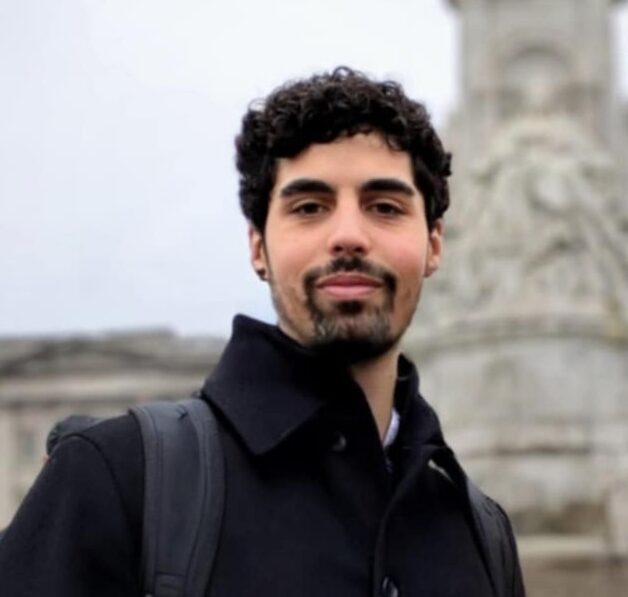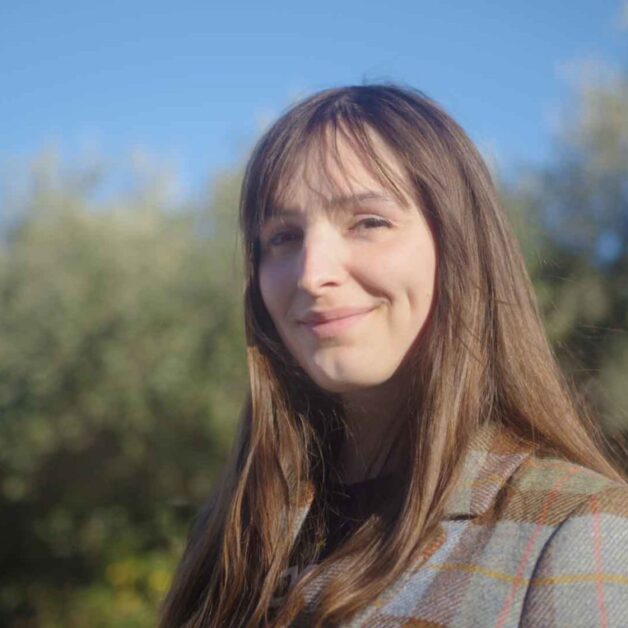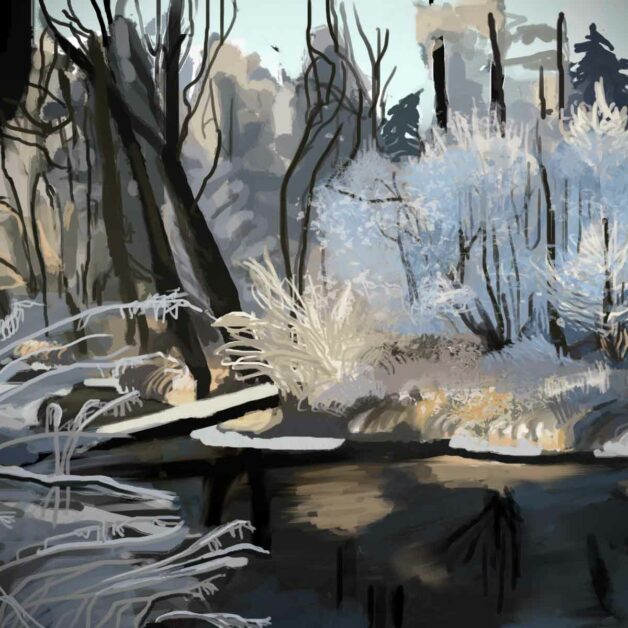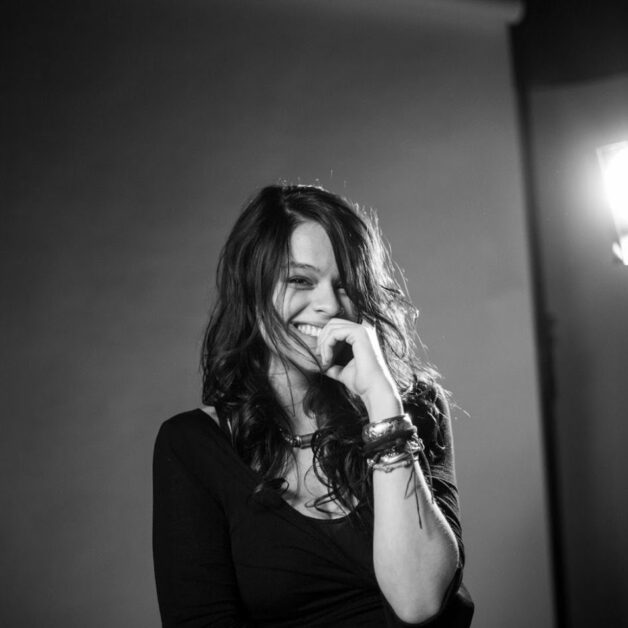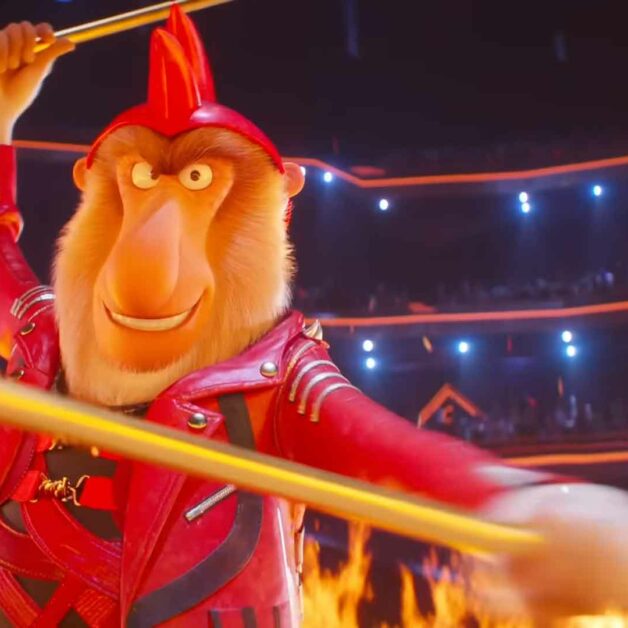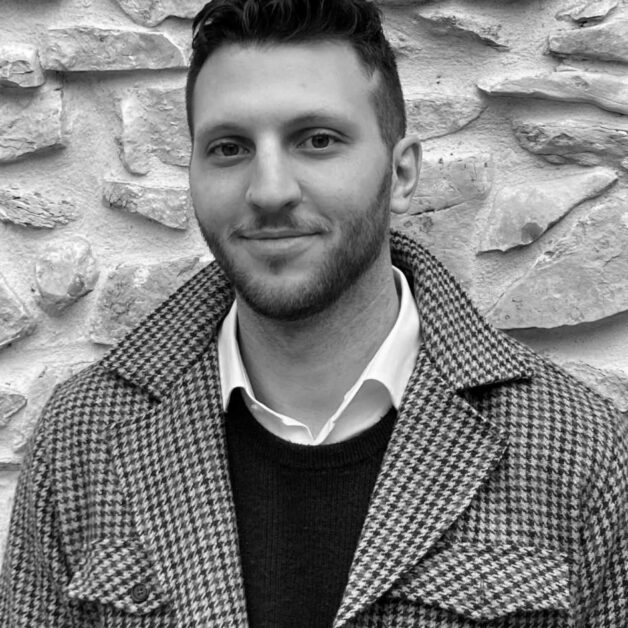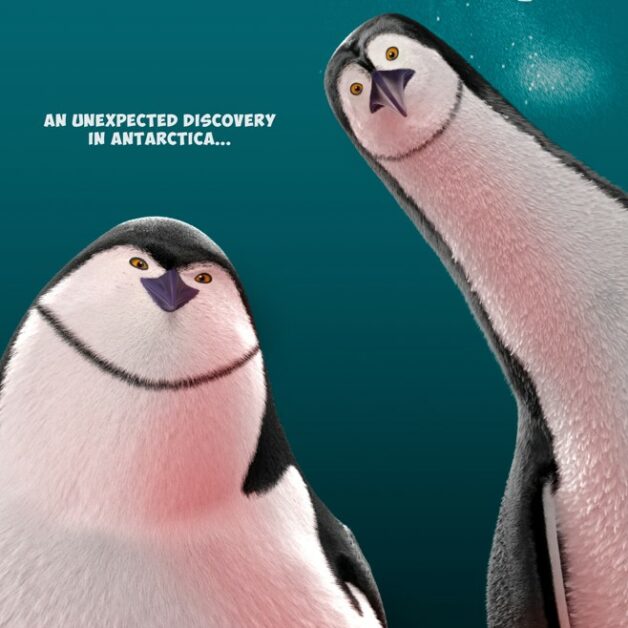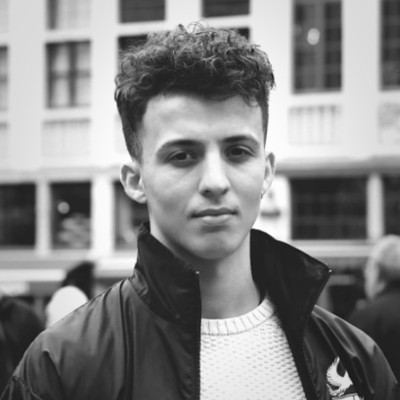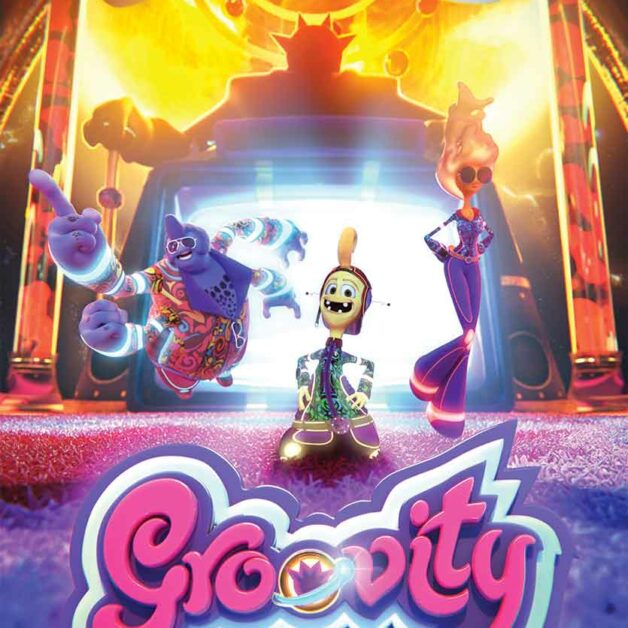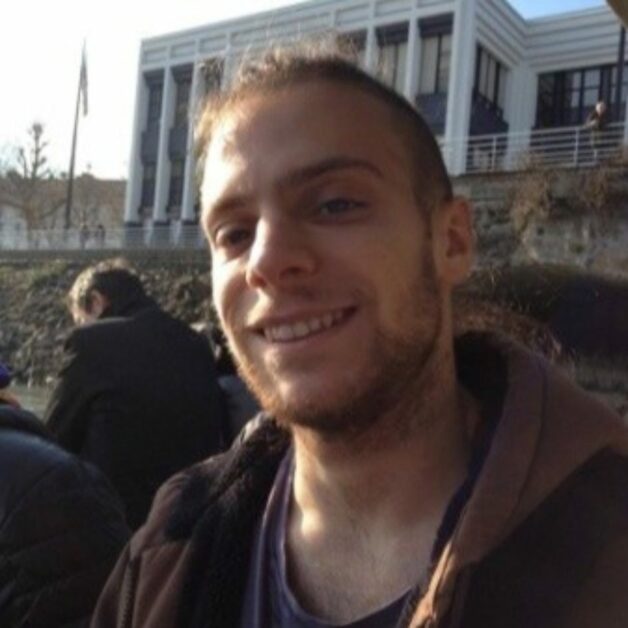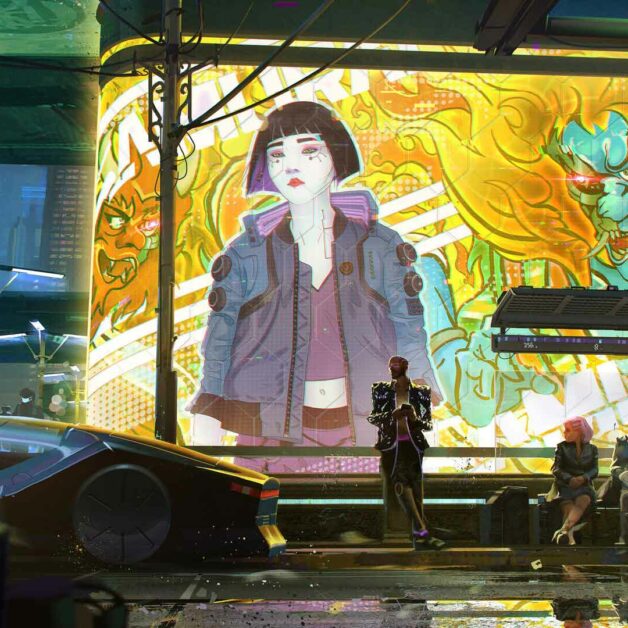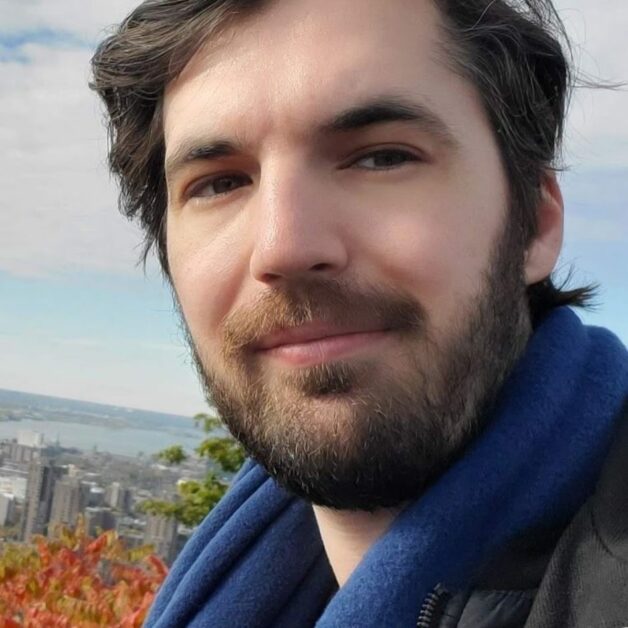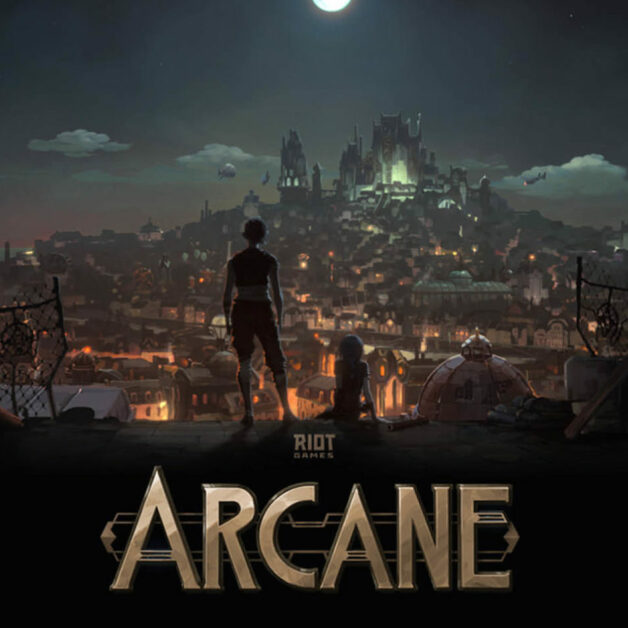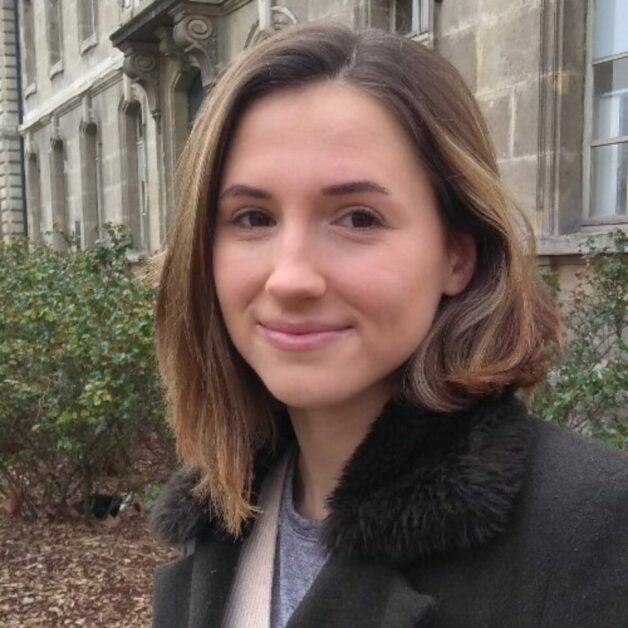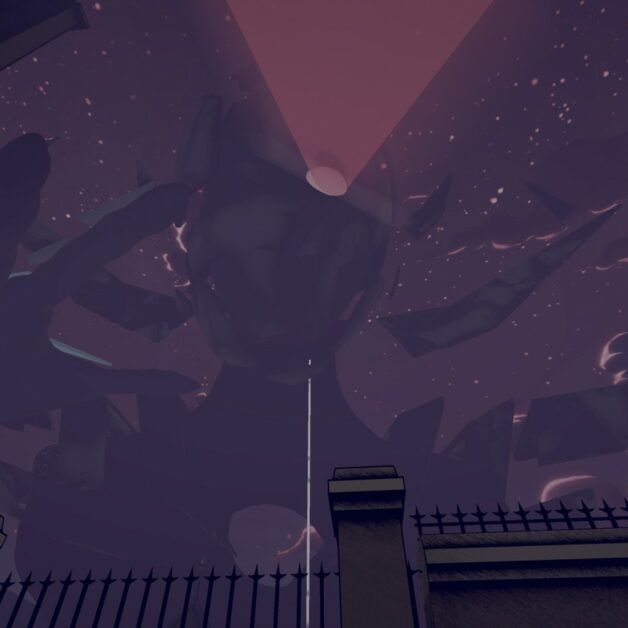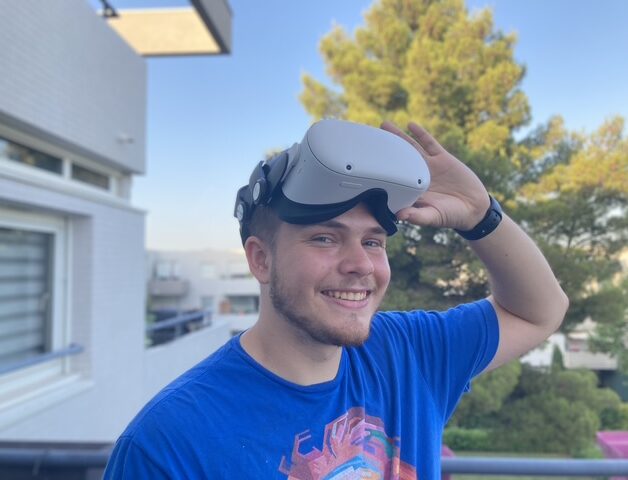A journey to the four corners of the globe
A graduate of ESMA Nantes, Yoann Lemoine’s international career has taken him from Paris to Montreal, via Germany, Australia and New Zealand. Through his experiences as an FX artist, he has been able to combine technical rigour and creativity, while learning from different cultures.
Interview
Looking back over your years at ESMA: what led you to join the course?
I wanted to go into animation and the opening of an ESMA branch in Nantes, my home town, was the perfect opportunity. I’d already had a taste of the school’s potential when I went to the open days in Montpellier. What I discovered there convinced me to enrol.
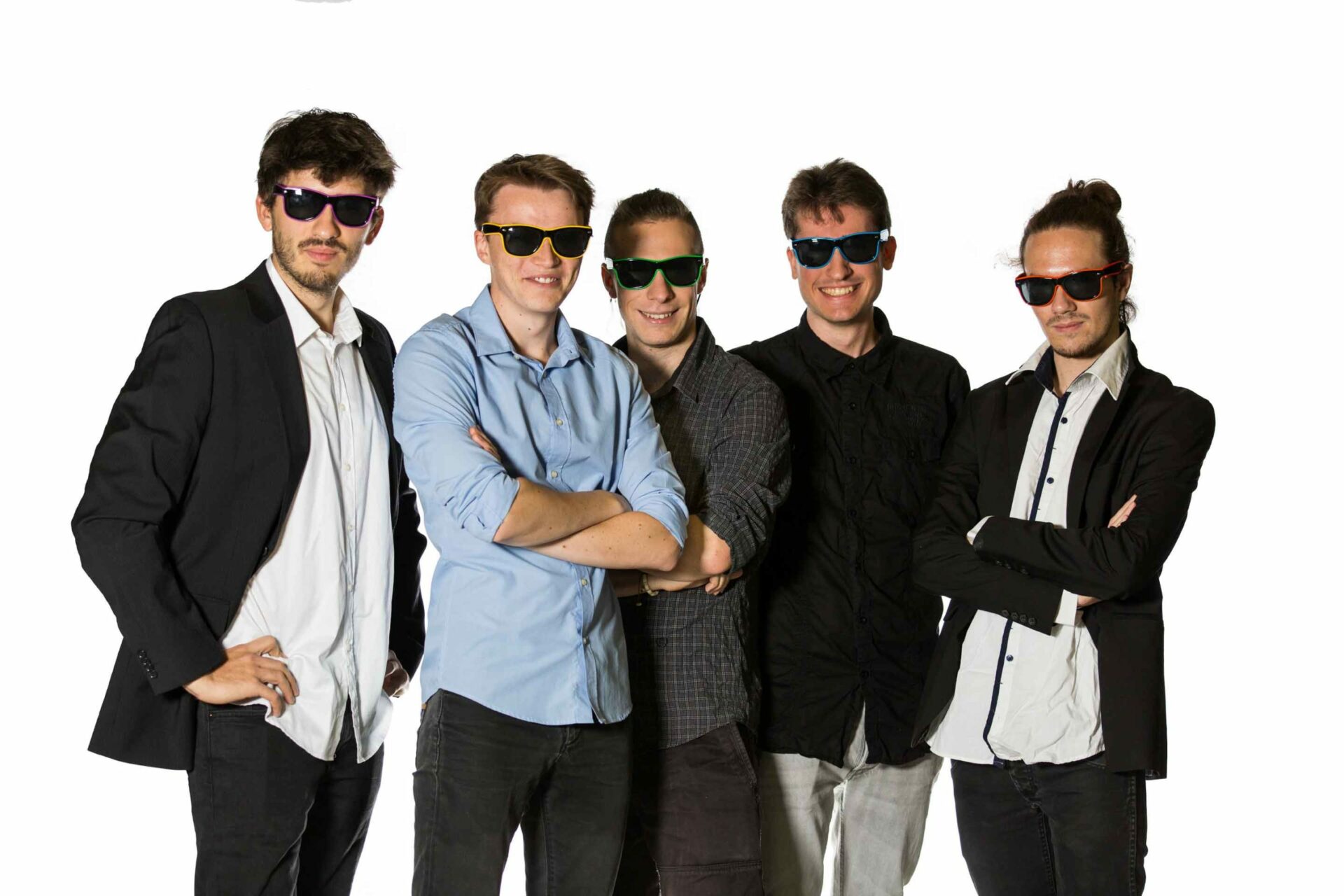
What have you gained from your training? What are your most vivid memories?
When I came to ESMA, I had virtually no grounding in 3D. The course enabled me to learn all the fundamentals I needed to enter the professional world. I discovered the main trades, several software programmes, better work organisation and even drawing.
The last year was the most memorable, with the making of the short film Groovity. It was an intense collective adventure, made up of difficult moments, but also of great satisfaction as the film took shape. The energy of the team, the laughter, the trials and tribulations, but also the pleasure of seeing our efforts come to life on screen… it’s all unforgettable.
You worked on Groovity: what role did you play?
I was mainly responsible for rigging the characters and special effects. But I was also involved in modelling, scripting, storyboarding, compositing and task organisation.
Of course, there were trials and tribulations. In particular, I remember a disastrous test screening, where the film was totally unreadable on the big screen. But with hindsight, it’s these setbacks that make the difference. All in all, it was an extraordinary year. If someone offered me a Groovity 2, I’d say yes without hesitation!
Did you already have a clear idea of what you wanted to do when you left school?
From the second year onwards, I felt drawn to the more technical disciplines: FX, rigging, compositing… but I was still finding it hard to decide. It was really in the final year, during the making of the film, that I found my calling. I liked FX because it combines technical requirements with a strong creative aspect.
How did you get into the professional world?
Shortly after graduating, I joined the TeamTO studio in Paris as an FX artist. It was a very positive experience: I met some great colleagues and was quickly given responsibilities.
A few months later, I crossed the Atlantic to join MPC in Montreal. There I worked on big productions like X-Men Dark Phoenix and Pokémon Detective Pikachu.
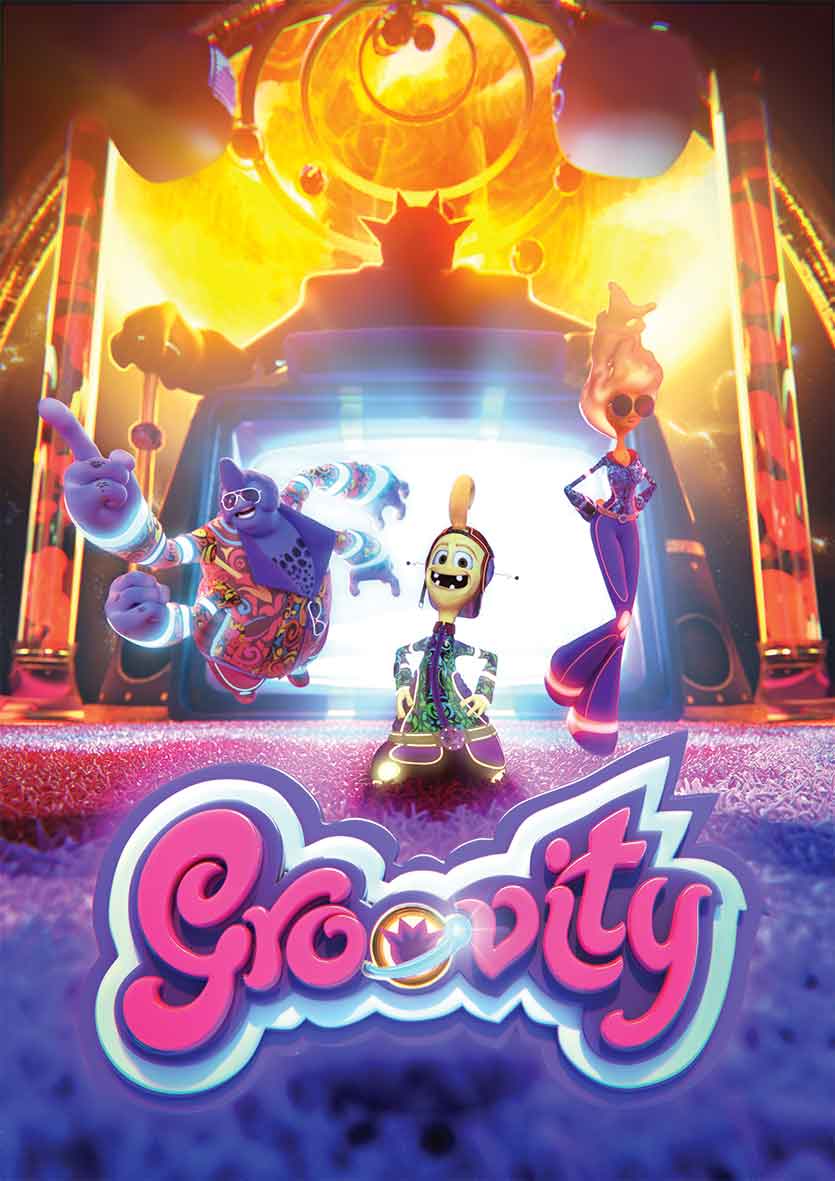
You’ve travelled a lot since then: what inspired you to go to so many destinations?
My partner and I take advantage of the opportunities offered by international studios to discover new countries. Every move is an opportunity to meet people from different backgrounds and immerse ourselves in other cultures.
Covid put a bit of a brake on this momentum. We had to leave Australia and return to France, working remotely. But the desire to go back is still there: travelling is an incomparable source of wealth.
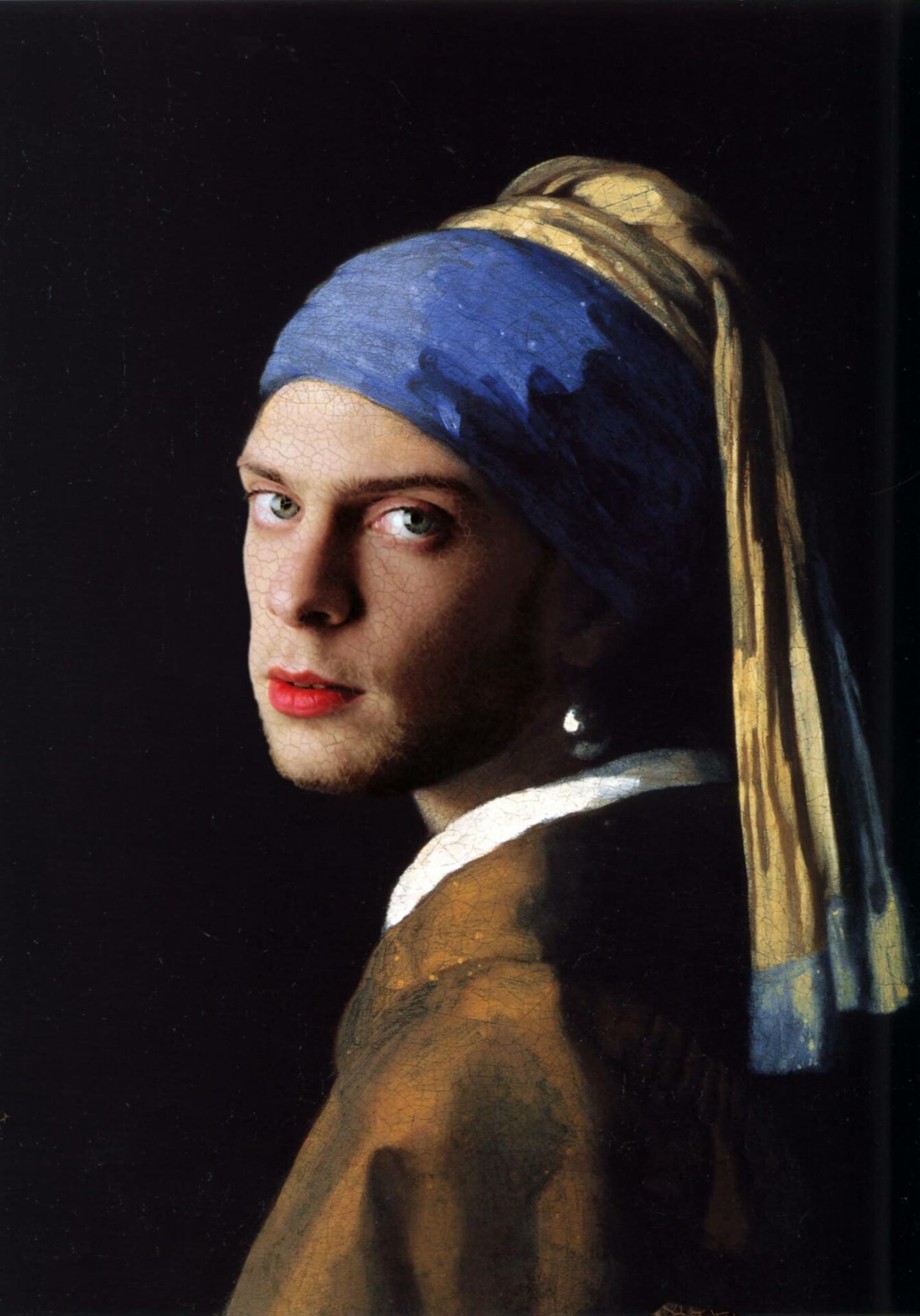
What positions have you held throughout your career?
I’ve always worked in FX, whether as an employee, a freelancer or a freelancer. Since joining Weta Digital, I’ve been FX Technical Director. The role is quite similar to that of an FX artist, but it requires more technical skills, particularly in programming.
What have you gained from your experience abroad?
Firstly, meeting people from all over the world. Secondly, the opportunity to discover different lifestyles and mentalities. I’ve been able to travel, explore, try new things and learn a lot.
Of course, living away from your loved ones isn’t easy, but it’s more than worth it.
What has been your most memorable experience since graduating?
Probably my arrival in Montreal. It was the first time I’d been so far away, alone, in a studio where hardly anyone spoke French. I felt like I was jumping straight into the deep end. But, to be honest, every country and every project has left its mark.
What advice would you give to people thinking of working abroad?
You have to dare. The hardest part is getting out of your comfort zone. You don’t need to be perfectly bilingual to get started, but having a good grounding in English helps a lot. Once you’re there, you progress quickly.
Having a job lined up before you leave makes the whole process much simpler. In general, the studios take care of the visa, plane ticket and installation.
Where do you work today and what does your role involve?
I’m currently working for Weta Digital, teleworking from France. I’m FX Technical Director.
In concrete terms, I create simulations of physical effects – explosions, flames, destruction, water, smoke, magical phenomena, etc. – which I integrate into film shots. My aim is to achieve a credible, aesthetically pleasing result, always striking a balance between realism and visual impact.
What do you particularly like about your job?
Cinema has the power to transport the spectator. Knowing that children and adults alike can marvel at a scene I’ve contributed to is very gratifying.
And, personally, FX are like logic puzzles: each effect is a problem to be solved. I love this combination of mathematical tools and artistic purpose. Finding the best way to achieve the optimum effect is a real creative challenge.
Have you noticed any differences in the way people work abroad?
On the whole, the production method is similar from one country to another, at least in the Western studios where I’ve worked. The differences mainly come from the size of the structures, the type of projects and the way employees are treated. Sometimes it’s even the local laws (on overtime, pensions, etc.) that influence the organisation.
A project that stands out or that you’re particularly proud of?
I have fond memories of Pokémon Detective Pikachu. I worked on a scene in which an entire forest is destroyed, and it was great to contribute to a licence that rocked my childhood.
I’m also proud to have been involved in Doctor Sleep, the sequel to Kubrick’s cult film The Shining.
What are your plans for the future?
I’m planning to go back to New Zealand to work for Weta Digital. I’d like to stay there for a while, because I particularly like the studio. In the medium term, I’d like to try out the role of Lead FX, to see if the management aspect suits me, and why not continue in that direction.
Any final advice for current students?
Stay curious, never give up and enjoy your projects. Making mistakes is part of learning: the important thing is to get back up again. Anything is possible if you dare to take the plunge.
